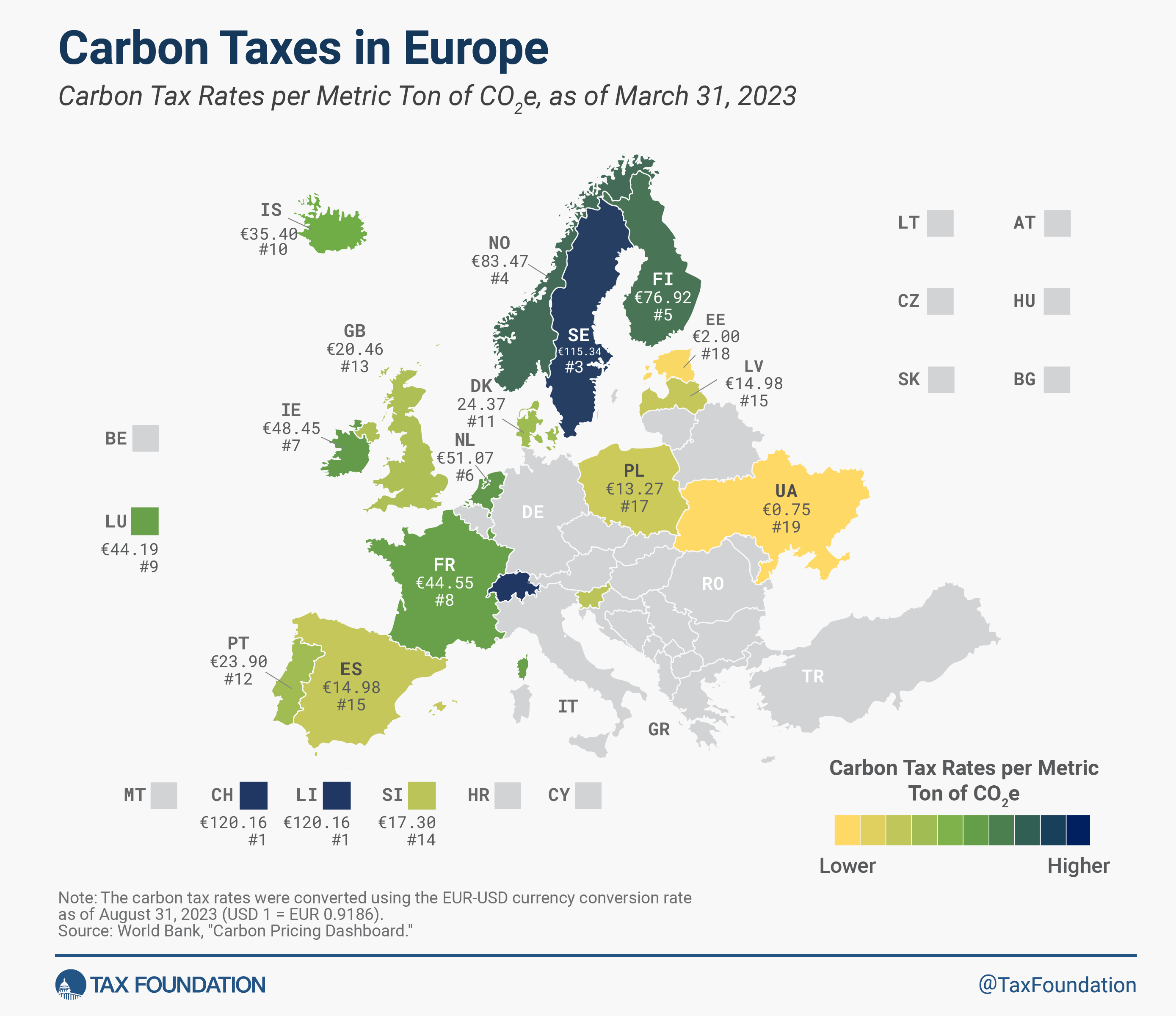Mississippi Capital Improvement Plan: Details & Analysis
If you have spent any time in Mississippi, you have likely noticed the state’s affinity for magnolia trees, found everywhere from parks to the state flag. Magnolias are associated with prosperity and economic success, a characteristic they share with the Mississippi legislature’s recently passed HB 1733, a bill to allow the full expensing of short-lived capital investment. The bill enacted by Governor Tate Reeves (R) made the Magnolia State only the second state in the country to make full expensing permanent. Passed without a single dissenting vote in the legislature, HB 1733 joins reductions to the individual income tax and capital stock tax rates, already in progress, as model, pro-growth reforms for the region.
The Economic Benefits of Full Expensing
Full expensing, also known as 100 percent bonus depreciation, allows businesses to deduct the full amount of qualifying capital investment from taxable income in the year the investment was made. Prior to the enactment of HB 1733, Mississippi businesses had to deduct the costs of capital investment over multiple years, sometimes decades. This resulted in businesses having taxable income that was higher than their actual net income. Businesses could never fully deduct the real cost of their investments, because future tax savings were reduced both by inflation (which erodes the purchasing power of money) and by the time value of money (where the cost of forgone opportunities always makes it better to have a dollar today than a dollar next year).
Full expensing boosts long-run productivity, economic output, and incomes primarily because investments that were not profitable under long-term depreciation rules become profitable under full expensing. Workers are impeded from reaching their full earning potential when capital formation is hindered. Greater capital investment, on the other hand, correlates with both greater worker productivity and higher wages.
Seventeen states offered 100 percent bonus depreciation in 2022, and most did so by conforming to Section 168(k) of the Internal Revenue Code (IRC). However, that full expensing provision begins to phase out this year. As a result, every state that conformed to Section 168(k) and does not make full expensing permanent at the state level will see an effective tax increase on short-lived capital investment. With the enactment of HB 1733, Mississippi will join Oklahoma to become the only states with permanent full expensing provisions—a particularly notable improvement in Mississippi, which had not provided any bonus depreciation previously.
In an increasingly mobile economy, states that make in-state investment more attractive will have a leg up on their peers. In an economy characterized by high inflation and supply chain shortages, states also need to be aware of provisions in their tax codes that exacerbate the effect of inflation or create a feedback loop that contributes to even more inflation. States that subject capital to lengthy and incomplete cost recovery drive up the cost of investment and lead to malinvestment. They put a thumb on the scale in favor of expenses that can be written off immediately, such as labor, advertising, or supplies. They discourage the sort of long-term capital investment that can boost productivity, expand production, and have a necessary complementarity with labor. Making full expensing permanent can help curb inflation by setting conditions for businesses to address the production side of the problem where too much money is chasing too few goods.
Permanent Full Expensing Latest in Series of Pro-Growth Reforms
Retroactive to January 1, 2023, HB 1733 works in tandem with the Mississippi Tax Freedom Act of 2022 to enhance the state’s tax competitiveness. As full expensing provisions remove disincentives to invest in capital, businesses can become more productive, and employees can benefit from the higher wages that result from greater productivity. In the coming years, as employees begin to earn more, they will also be able to take more of that larger paycheck home. The individual income tax is scheduled to be reduced three times between 2024 and 2026.
Mississippi’s Future Individual Income Tax Rates| Individual Income Tax Rate | Effective Date |
|---|---|
| 4.7% | January 1,2024 |
| 4.4% | January 1,2025 |
| 4.0% | January 1,2026 |
When all scheduled reductions are phased in, Mississippi could have the seventh lowest individual income tax among the 43 states that levy the tax.
Mississippi is one of only 16 states to still levy a capital stock tax (also known as a franchise tax). Unlike a corporate income tax that taxes a firm’s profit, a capital stock tax is imposed on the value of a business’s accumulated assets. As a result, the tax tends to penalize investment and requires businesses to pay regardless of whether they make a profit in a given year, or ever. Importantly, Mississippi is also one of two states actively eliminating the tax. It is scheduled to be phased out by January 1, 2028.
When these three reforms are evaluated through the Tax Foundation’s State Business Tax Climate Index, their effect on Mississippi’s competitiveness is unmistakable. Prior to the reforms enacted in 2022, Mississippi’s overall tax competitiveness ranked 30th in the country. Its corporate income tax, individual income tax, and property tax systems ranked 13th, 26th, and 37th, respectively. After full expensing is implemented (2023), the income tax rate is reduced to 4 percent (2026), and the capital stock tax is eliminated (2028), Mississippi’s tax competitiveness will improve dramatically. If all these changes were in effect today, the state’s tax structure would rank 14th overall. The corporate income tax, individual income tax, and property tax systems are estimated to improve to 8th, 13th, and 30th, respectively.
Opportunities for Additional Reforms
As the scheduled reforms take effect over the next five years, it is important to remember that tax reforms do not occur in a vacuum. Some of the gains reflected in the projected Index rankings may erode if other states amend their systems. With that in mind, lawmakers in Jackson should uphold the reforms they have designed and continue forward with additional improvements, as revenues allow. They should also avoid picking economic winners and losers by making special tax deals to lure businesses to the state. Instead, tax credits and incentives should be rolled back and reinvested to pay down future pro-growth reforms including the elimination of the throwback rule and reductions to the corporate income tax. Doing so will only enhance the Magnolia State’s budding reputation as a tax-competitive destination and source of economic opportunity.






